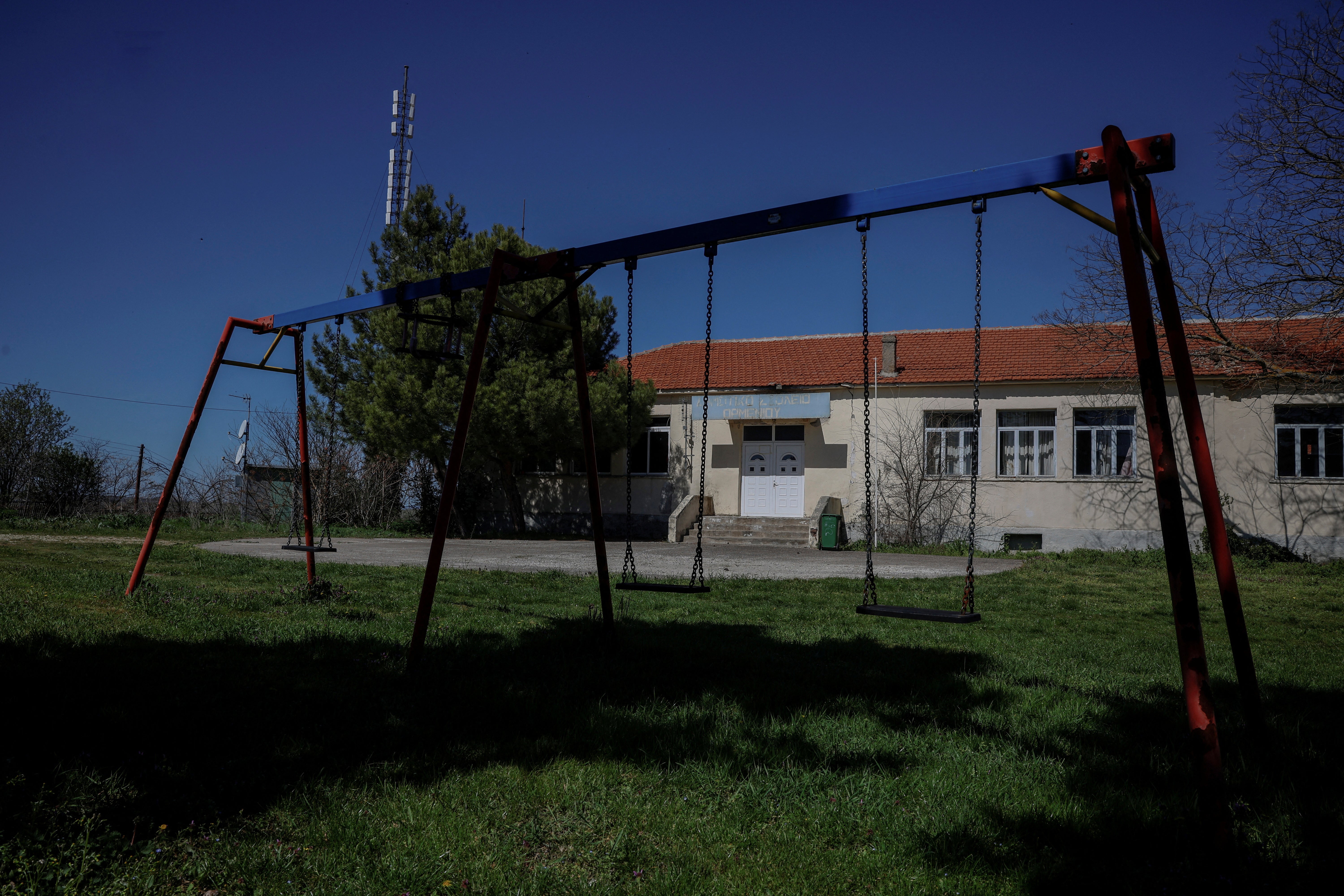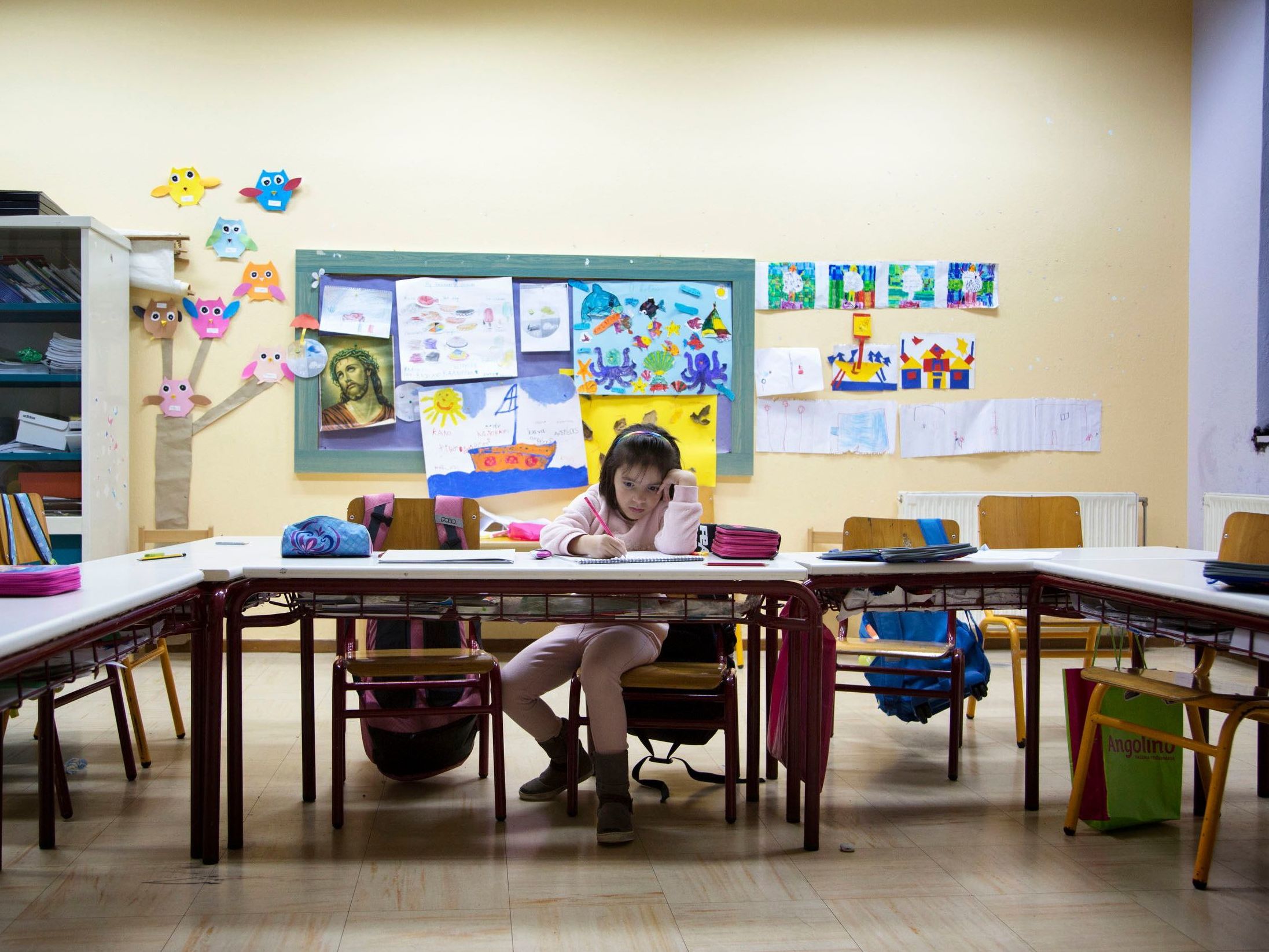The country with one of Europe’s lowest fertility rates is trying to fix its birthrate crisis
Greece recorded its lowest ever number of births in 2022

Your support helps us to tell the story
From reproductive rights to climate change to Big Tech, The Independent is on the ground when the story is developing. Whether it's investigating the financials of Elon Musk's pro-Trump PAC or producing our latest documentary, 'The A Word', which shines a light on the American women fighting for reproductive rights, we know how important it is to parse out the facts from the messaging.
At such a critical moment in US history, we need reporters on the ground. Your donation allows us to keep sending journalists to speak to both sides of the story.
The Independent is trusted by Americans across the entire political spectrum. And unlike many other quality news outlets, we choose not to lock Americans out of our reporting and analysis with paywalls. We believe quality journalism should be available to everyone, paid for by those who can afford it.
Your support makes all the difference.Greece has outlined a raft of measures to boost its lagging birthrates.
The country will bring in vouchers, childcare benefits and tax breaks for new parents, although experts questioned the plan’s effectiveness.
Greece has one of Europe’s lowest fertility rates, a dire demographic state driven by a decade-long economic crisis, emigration and changed attitudes among the young. The prime minister has called it a national threat and a “ticking time bomb” for pensions.
It currently spends around one billion euros a year on pro-child measures. Yet it recorded its lowest ever number of births in 2022.
The measures outlined on Thursday by the family, interior, finance and health ministries include tax relief for new parents, daycare vouchers, a rise in the minimum wage from 2025, pension increases and social contribution reductions.
But demography experts and even government officials acknowledge the long road ahead.
“It is a given that the demographic problem ... cannot simply be solved by benefits and cash incentives,” deputy finance minister Thanos Petralias told journalists on Thursday.

Petralias said fixing the problem also required improving the education and health systems, boosting incomes and better work-life balance conditions.
Tumbling birthrates are a problem for governments across Europe, where countries including France, Italy, Norway and Spain have spent billions of euros on pro-child measures, to little effect.
The measures are part of a broader plan aimed at reversing the downward trend of Greece‘s birthrate, which officials had told Reuters would be unveiled in May but has been pushed back to later this year.
The plan includes affordable housing for young people, financial incentives for assisted reproduction, and incorporating migrants into the workforce.
“They (these measures) will have no dramatic impact on births,” said Byron Kotzamanis, a leading demography expect in Greece.
“There needs to be a different policy to tackle the problem at its core,” he said, adding this included giving young people incentives to remain in Greece and attracting back those who left.
Meanwhile last week, Pope Francis praised Indonesia’s relatively high birthrate while lamenting that in the West, “some prefer a cat or a little dog.”
During his very first meeting with President Joko Widodo Francis made the same demographic quip he amde at home in Italy, which has one of the world’s lowest birthrates.
Join our commenting forum
Join thought-provoking conversations, follow other Independent readers and see their replies
Comments